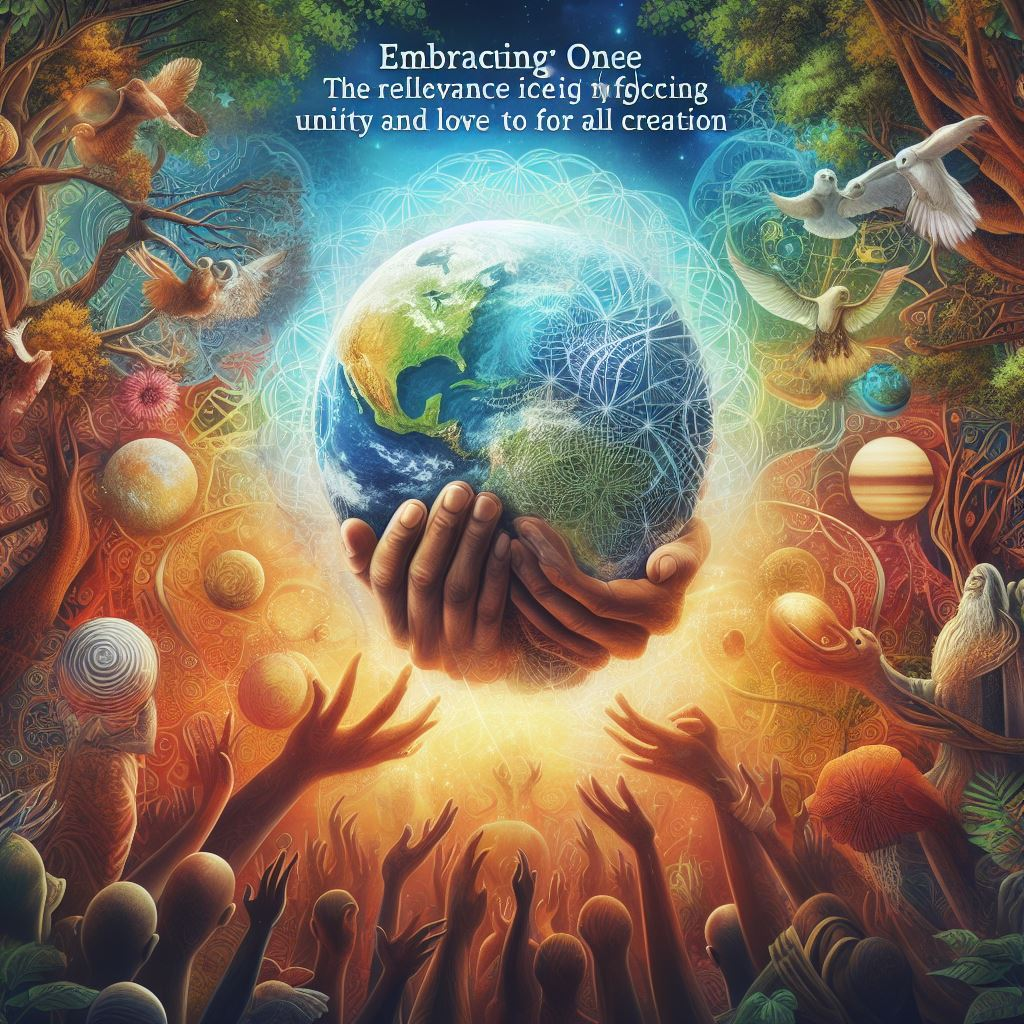The Destructive Nature of Jealousy and the Path to Positive Growth
Jealousy, in any degree, is a toxic emotion that can profoundly impact our mental health, earning it the label of a double curse in contrast to the doubly blessed quality of mercy. In both fiction and real life, we have witnessed how jealousy, often beginning as a minor sentiment, can fester into a monstrous force, wreaking havoc and causing immeasurable suffering. Jealousy, fundamentally, is a vulnerability that lacks any justifiable defense—it is a force of destruction, pure and simple.
But where does this corrosive emotion originate? Jealousy
invariably springs from a sense of inequality, the feeling that we lack
something possessed by another person. Whether it be physical appearance,
wealth, social status, popularity, or knowledge, jealousy thrives when we
perceive disparities. While it is true that certain inequalities may indeed
lead to injustice and must be rectified, many disparities are natural and exist
without any injustice in play. Nature, in fact, revels in inequalities, as evident
in the distinct variations among the five fingers on our hands, none of which
harbor jealousy toward the others.
Rather than succumbing to jealousy over what others possess, we
should strive to make the best use of the talents that God has bestowed upon
us. Jealousy is the domain of narrow minds, unable to transcend its negative
clutches. As our minds mature and we embark on the path to excellence, there
remains no room for jealousy, as our time and energy are devoted to our own
growth.
Jealousy, being a negative quality, can best be overcome by nurturing positive virtues. To be truly good and great is to be devoid of jealousy. In the journey toward personal development, we must focus on building ourselves up rather than tearing others down. The antidote to jealousy lies not in coveting what others possess but in embracing our unique gifts and striving for self-improvement. In doing so, we transcend jealousy, leaving it far behind as we march towards a life rich in purpose and fulfillment.
Embracing Oneness: The Relevance of Epics in
Fostering Unity and Love for All Creation
1. Perception of Oneness:
The Sanskrit language intriguingly defines the one who
"sees" merely as "Pashu" or an animal, emphasizing the
importance of perceiving the divine unity in all beings. The Bhagavad Gita
clarifies that true wisdom lies in recognizing the One Supreme Consciousness,
existing equally within all beings, transcending species and genders. Genuine
knowledge should lead us to perceive the imperishable divinity within the
perishable individuality of body and mind.
The motto of Mysore University, "There is nothing in the universe as purifying as Knowledge," prompts us to question whether the knowledge imparted in academia and religions today truly purifies and helps us recognize this Oneness.
2. Spiritual Knowledge and Character:
Just as a blazing fire reduces all to ashes, spiritual knowledge
has the power to burn away unrighteous and hateful tendencies. Character is
shaped by the fire of correct spiritual knowledge, eradicating sinful
inclinations. We must examine whether religious teachings and modern education
promote love for others and selfless fulfillment of duties. Only when the
spiritual fire within us is ignited can we overcome the divisive and hateful
impressions that hold us back.
3. The Oneness of God:
If God is omniscient, omnipresent, omnipotent, formless, and
nameless, then logically, God must be One. All religions describe God with
attributes, yet these attributes don't diminish the fundamental Oneness. Each
attribute is like a different form of infinite, formless water, temporarily
frozen into various names and shapes but still fundamentally water.
4. Embracing Oneness in Self and Universe:
Reflections from "Living Hanuman" invite believers in the
idea of God to expand their awareness to encompass the entire universe within
themselves. Recognizing that God is the indwelling presence in all things and
that everything is God leads to the profound realization that there is nothing
but Oneness.
For atheists, the acknowledgment of a common creative substance, laws of science, and a universal intelligence that maintains order can foster a sense of interconnectedness with the world. This perspective emphasizes that there is an inherent relationship between oneself and the world, leading to the recognition that "I am the world, and the world is me."
5. Uniting Science, Religion, and Academics:
Science, religion, and academia should collaborate to develop
self-development processes rooted in the essence of Oneness. It is crucial to
transcend religious differences and work towards unity, preventing modern
religions from perpetuating division and hatred.
6. Mystical Insights:
In addition to the above, deeper mystical meanings can be found in
the epics. Rama represents Brahman, the supreme being, simultaneously
transcendent and immanent. Lakshmana symbolizes the individual (Jiva) seeking
union with God, while Hanuman embodies Prana, the breath that enables
consciousness in living beings.
In summary, our ancient epics serve as a timeless reminder of the
importance of recognizing Oneness and fostering unity and love for all
creation. They encourage us to move beyond divisions, embrace spirituality, and
embody the virtues of selflessness, compassion, and humility in our journey
towards a more harmonious world.
IF HE EXIST
I drive joy there was a
doctor in Benaras who spent 7 minutes in the morning and evening for mediation
on God. Knowing this, his colleagues and friends laughed at him. One day they
argued that he was wasting 7 precious minutes on something, which he had been
misled into believing. The doctor replied, “Well, if God does not exist, I
agree that I am wasting 7 minutes a day. But, if He exists? I am afraid you are
wasting your entire lifetime. I prefer to waste 7 minutes rather than a
lifetime. Why should you grudge me the 7minutes joy that I derive 4m.-
ILLUSTRATED REVIEW :7th heaven moment in Asia cup subman gill no 77 is the stop
scorer












No comments:
Post a Comment